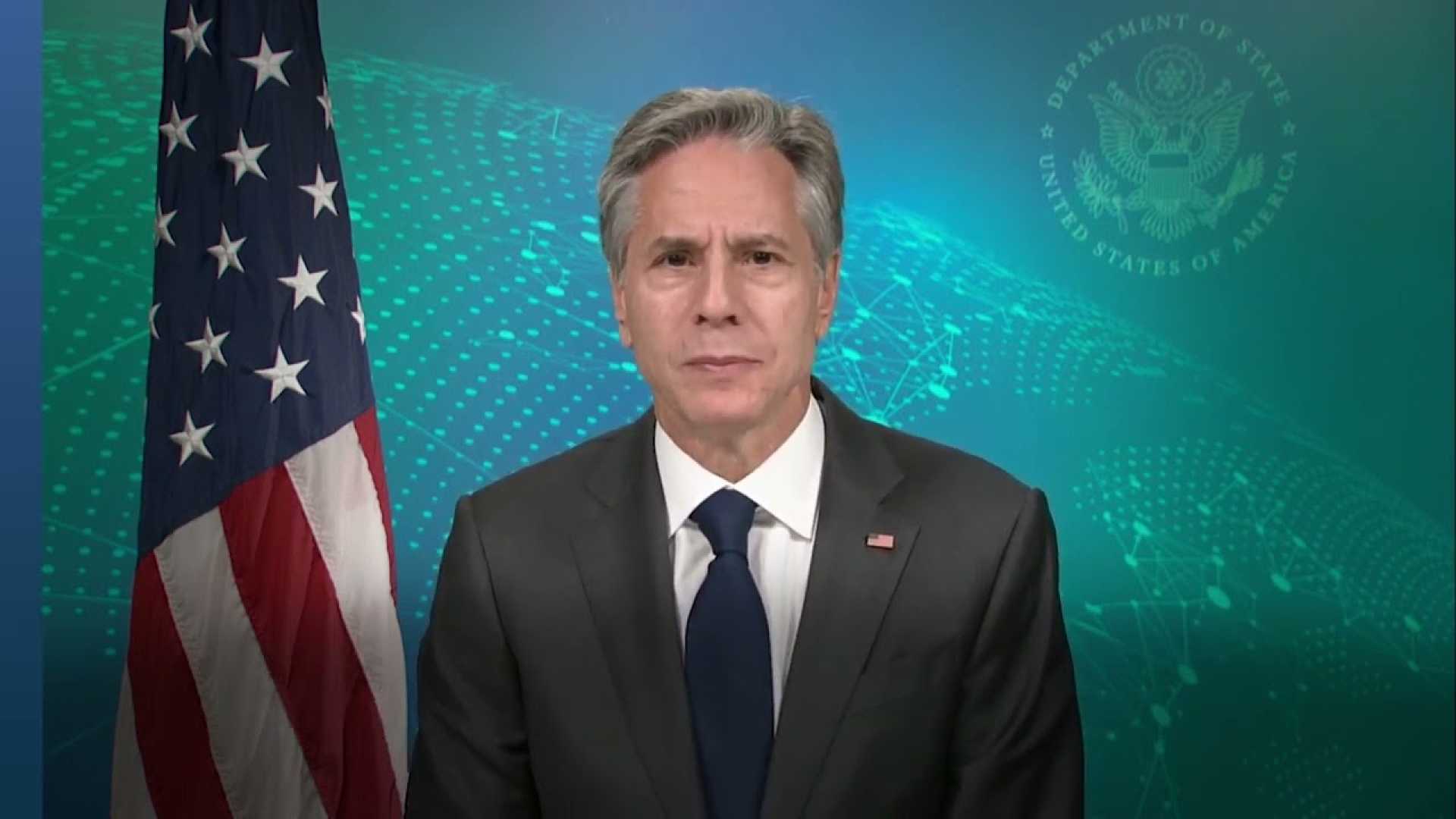News
Meteorologists Face Onslaught of Misinformation Amidst Traumatic Hurricane Season

As the hurricane season intensifies, meteorologists are grappling with the challenge of disseminating crucial, life-saving information while battling a surge of misinformation. Several meteorologists have reported receiving numerous conspiracy theories and threats, adding an extra layer of stress to their already demanding responsibilities.
“People are just so far gone, it’s honestly making me lose all faith in humanity,” said Washington D.C.-based meteorologist Matthew Cappucci, while traveling to Florida ahead of a storm. According to Cappucci, misinformation has proliferated on social media, complicating the dissemination of accurate weather forecasts.
“Seemingly overnight, ideas that once would have been ridiculed as very fringe, outlandish viewpoints are suddenly becoming mainstream, and it’s making my job much more difficult,” asserted Cappucci.
Meteorologists are finding themselves caught in the crossfire of conspiracy theories, particularly those alleging government control over weather patterns. James Spann, a meteorologist from Alabama, expressed his disbelief at the extent of misinformation, stating, “I’ve been doing this for 46 years and it’s never been like this.” Inundated with messages questioning the integrity of weather forecasting, Spann has been targeted with accusations and threats.
Cappucci and other meteorologists report an increase in emails and social media messages accusing them of fabricating weather events for political purposes. “For me to post a hurricane forecast and for people to accuse me of creating the hurricane by working for some secret Illuminati entity is disappointing and distressing,” he explained.
Meteorologist Katie Nickolaou has also faced backlash online, with viral interactions where she corrected misconceptions. Nickolaou’s attempts at clarifying scientific distinctions, such as the differences between hurricanes and tornadoes, have highlighted the uphill battle against misinformation.
The misinformation not only hampers public trust but also diverts attention from urgent disaster response efforts. “It’s a problem that by its very nature, makes people feel a wide range of pretty negative emotions,” said misinformation researcher Emily Richards. She noted that climate-related misinformation exacerbates during high-emotion events like hurricanes.
Political elements further complicate the situation, with false information tying into election year tensions. “The 2024 misinformation is being fueled to a certain extent by political polarization,” said Sarah DeYoung, a professor at the Disaster Research Center at the University of Delaware.
In response, meteorologists are calling for more robust measures against misinformation spread, emphasizing the need for effective social media content moderation. “The platforms need to seriously invest in climate-related content moderation,” stressed Richards, indicating the adverse impact misinformation has on relief efforts.
Overall, the current hurricane season highlights the critical need for accurate communication and the detrimental effects of misinformation on both public safety and the morale of professionals in the field.












